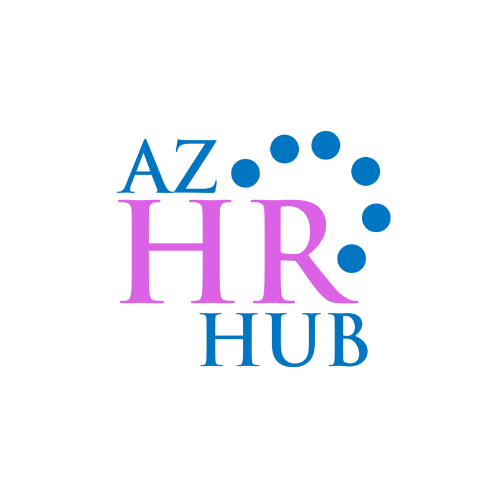Year-End HR Essentials: What Every Business Needs to Know
As the year wraps up, businesses must tackle essential HR tasks to stay compliant and set a strong foundation for the upcoming year. Here’s a comprehensive checklist with helpful tips and employer-specific guidance:
Payroll & Tax Compliance
Review Payroll Records:
Double-check year-to-date earnings, payroll summaries, and fringe benefits (e.g., personal use of company vehicles or relocation expenses). This is especially important for employers with 50+ employees subject to detailed payroll reporting.Active Tax Accounts:
Ensure your payroll system includes all active state and federal tax accounts to prevent missed tax filings. This is crucial for businesses operating in multiple states.Review W-2s & 1099s:
Verify employee Social Security numbers, addresses, and earnings before submitting these forms. Employers with independent contractors must issue Form 1099-NEC by January 31.
Benefits Administration
Audit Benefit Deductions:
Ensure benefit deductions match employee elections and that any adjustments from the year are correctly reflected. This helps avoid costly corrections later.401(k), FSA, & HSA Limits:
Update contribution limits for the new year per IRS guidelines. For example, the 401(k) contribution limit for 2024 is $23,000 for employees under age 50.PTO Policies:
Review carryover or payout policies, ensuring compliance with state labor laws. If your policy includes a "use-it-or-lose-it" clause, ensure employees are aware well in advance.
Employee Performance & Rewards
Year-End Evaluations:
Conduct annual performance reviews to assess achievements and identify areas for improvement. Consider using a standardized review form to keep evaluations consistent.Raises & Promotions:
Evaluate salary adjustments based on performance, industry benchmarks, and market conditions. Consider conducting a compensation analysis to stay competitive.Bonuses & Rewards:
Decide on discretionary or performance-based bonuses. Be transparent about eligibility criteria to maintain trust and motivation.
HR Compliance & Documentation
ACA Reporting:
Employers with 50+ full-time equivalent employees in 2023 must file ACA Forms 1095-C and 1094-C with the IRS. The deadline is typically March 31 if filing electronically.Employee Handbook:
Update policies to reflect recent law changes, such as paid leave requirements, remote work policies, and DEI initiatives. Employers in highly regulated states like California should be particularly thorough.Labor Law Posters:
Replace outdated labor law posters with new versions for the coming year. Federal and state posters are mandatory in most workplaces and some industries require both English and Spanish versions. AZ HR Hub can provide updated posters for your workplace - just reach out and we’ll be happy to help!I-9 Audits:
Verify that all Form I-9s are accurate and retained for at least three years or one year after termination, whichever is later. Conduct a self-audit or reach out to AZ HR Hub for an audit to ensure compliance, especially as the new administration intends to crack down on these important verifications in the new year.OSHA Form 300/300A:
Employers with 11+ employees must maintain OSHA injury logs and post Form 300A in a visible location from February 1 to April 30. Submit Form 300A electronically if required.BOI Filing:
Verify your Beneficial Ownership Information (BOI) filing is up-to-date to meet federal anti-fraud requirements. This applies to certain privately held corporations and LLCs.
Strategic Planning & Engagement
Job Description Review:
Update job descriptions to reflect current responsibilities, including remote or hybrid work adjustments. This supports recruiting and compliance efforts.Employee Satisfaction Survey:
Conduct surveys to gauge workplace morale and gather input for upcoming initiatives. Anonymous surveys typically yield more honest feedback.Training Plans:
Schedule mandatory and optional training sessions, such as anti-harassment training or leadership development. Employers in states like California, New York, and Illinois have specific training mandates.
Don’t let year-end HR tasks overwhelm you. Schedule your FREE consultation with AZ HR Hub today and start the new year with confidence!

